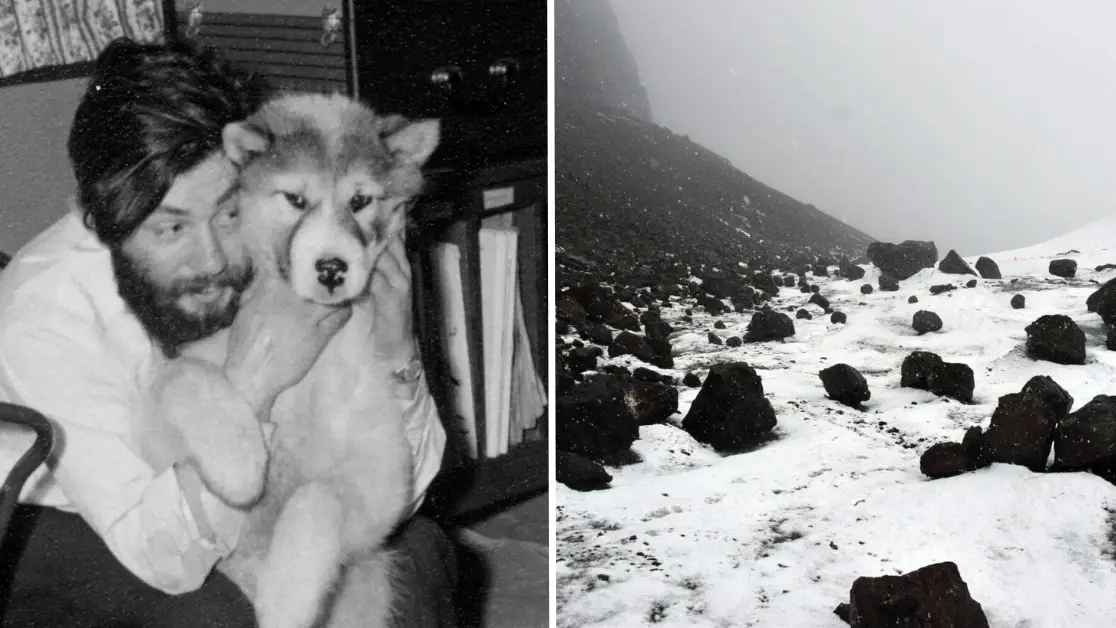A British man who died aged just 25 years old after falling into an Antarctic glacier has finally been identified over six decades later.
In 1959, Dennis 'Tink' Bell was working as a meteorologist for the Falkland Islands Dependencies Survey (FIDS), now known as the British Antarctic Survey (BAS).
On 26 July, 1959, the Brit left base to climb and survey the glacier at Admiralty Bay on King George Island, which is located just off the Antarctic Peninsula, alongside with three of his colleagues and two dog sleds.
After the pooches showed signs of tiredness, Tink went on ahead alone to encourage them.
Advert
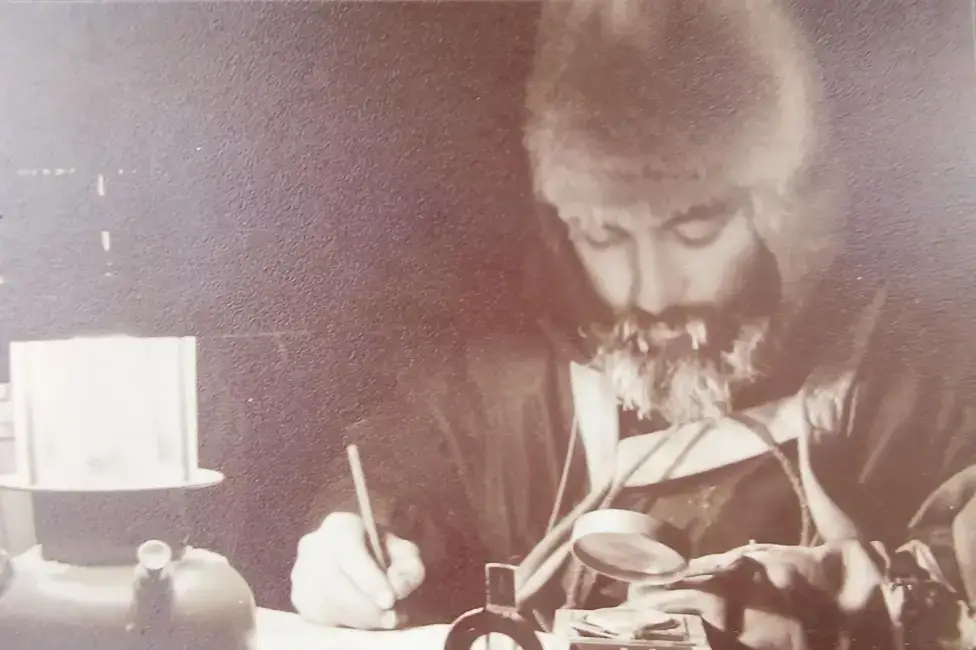
However, he wasn't wearing his skis and suddenly disappeared into a crevasse, leaving a hole behind him.
According to accounts in the British Antarctic Survey records, what happened next and the desperate attempts to rescue him were truly heartbreaking.
Jeff Stokes, a surveyor who was with Tink at the time of the incident, called out to his fallen fellow adventurer, and he was able, at this point, to shout back.
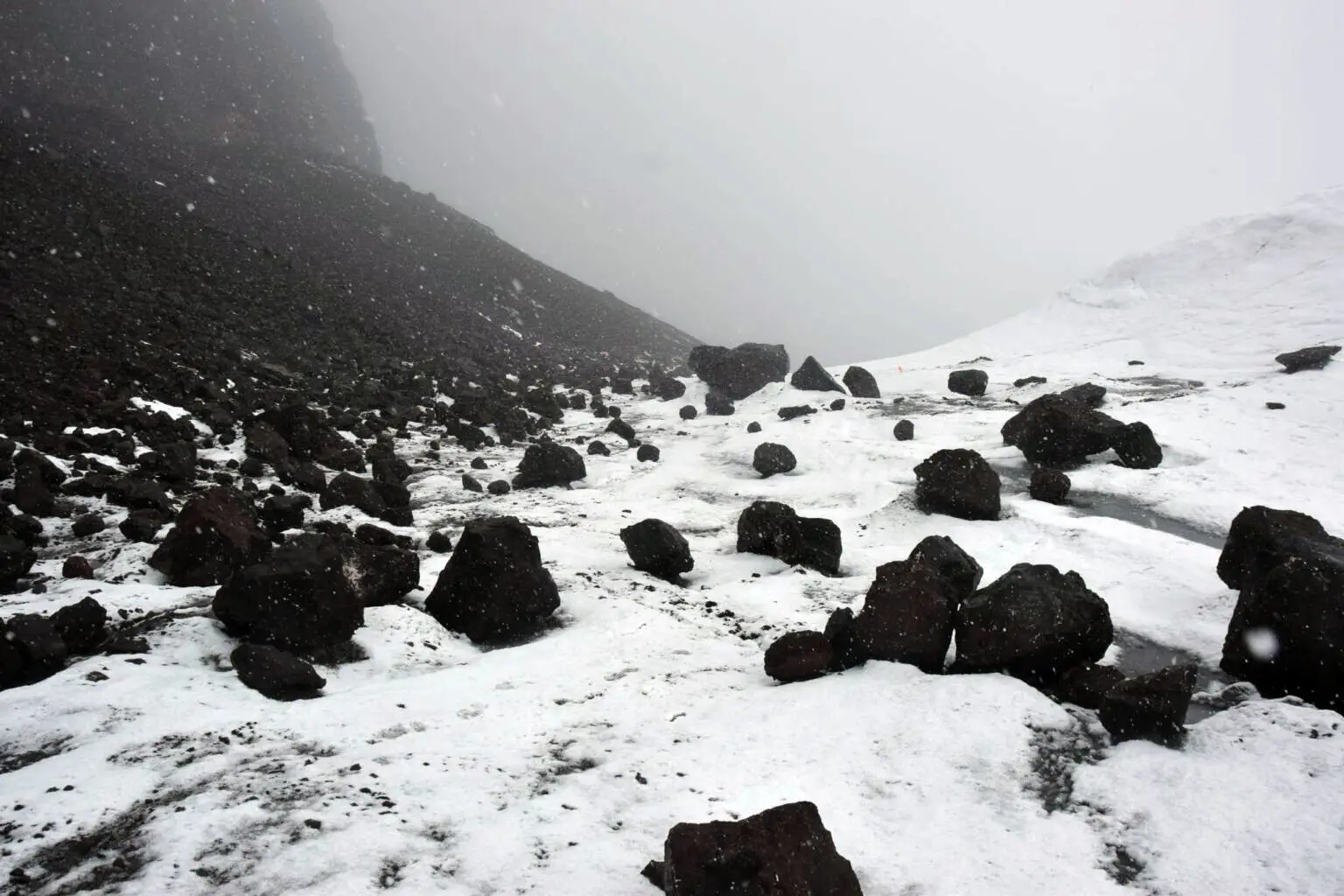
Tink then grabbed onto a rope that was lowered down and the dogs pulled on it while he was hitched up to the lip of the hole.
However, due to the fact he had tied the rope onto his belt, as he reached the lip, the belt broke and he plummeted once again.
The team called out again, but this time Tink didn't reply and his body was never recovered.
Well, that was until January of this year - a whole 65 years on from his untimely death.
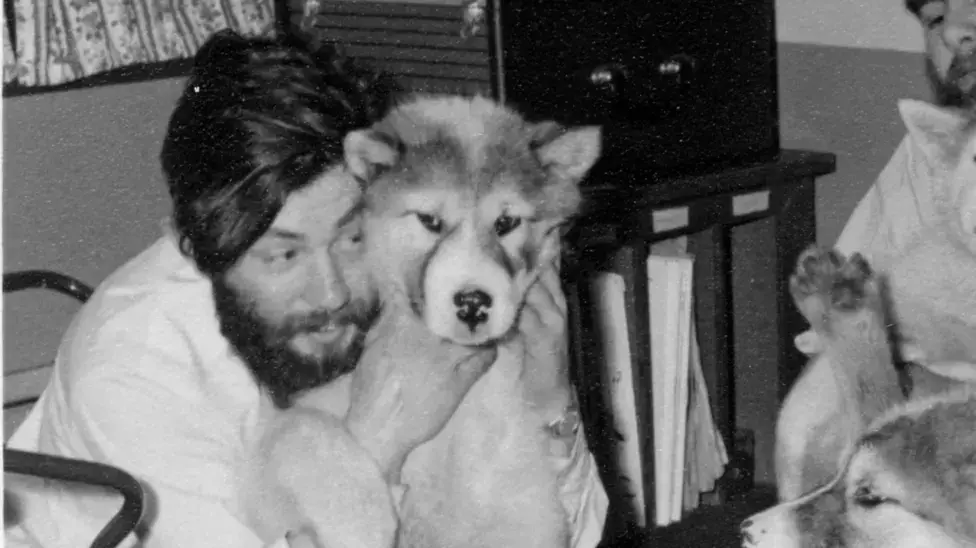
The major discovery was made by the team from the Henryk Arctowski Polish Antarctic Station on King George Island who found the body, along with 200 personal items, including radio equipment, a flashlight, ski poles and an inscribed Erguel wristwatch.
Tink's remains were then transported to the Falkland Islands on the BAS Royal Research Ship Sir David Attenborough, before being flown to London, where DNA testing officially confirmed a match with Tink's siblings, David Bell and Valerie Kelly.
"When my sister Valerie and I were notified that our brother Dennis had been found after 66 years, we were shocked and amazed," David rejoiced to BBC News.
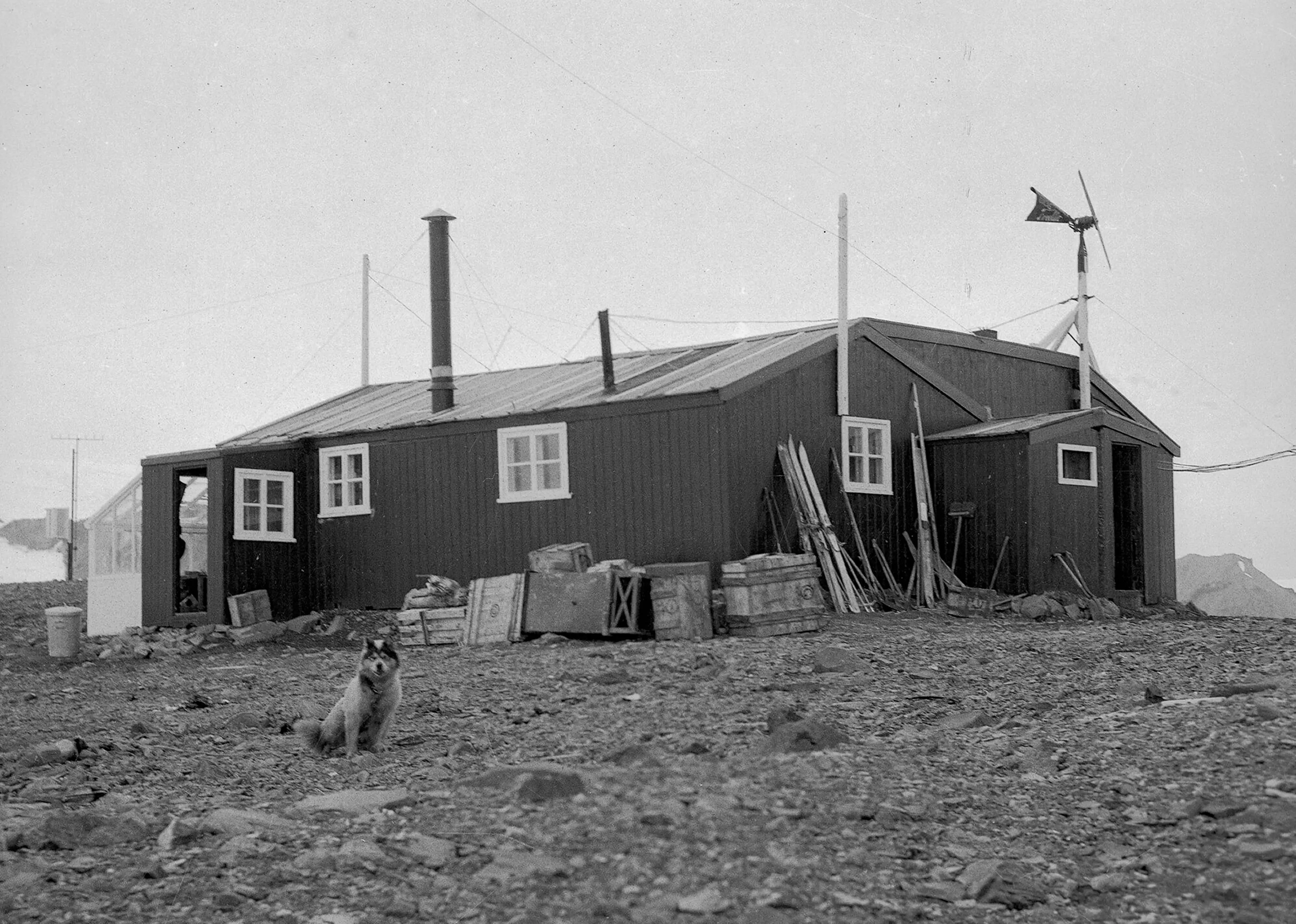
"The British Antarctic Survey and British Antarctic Monument Trust have been a tremendous support, and together with the sensitivity of the Polish team in bringing him home, have helped us come to terms with the tragic loss of our brilliant brother."
BAS director Professor Dame Jane Francis echoed similar sentiments, hailing the long-anticipated confirmation of Tink's identity as a 'poignant and profound moment', adding that he 'contributed to the early science and exploration of Antarctica under extraordinarily harsh conditions'.
"Even though he was lost in 1959, his memory lived on among colleagues and in the legacy of polar research," she said in a statement. "This discovery brings closure to a decades-long mystery and reminds us of the human stories embedded in the history of Antarctic science."
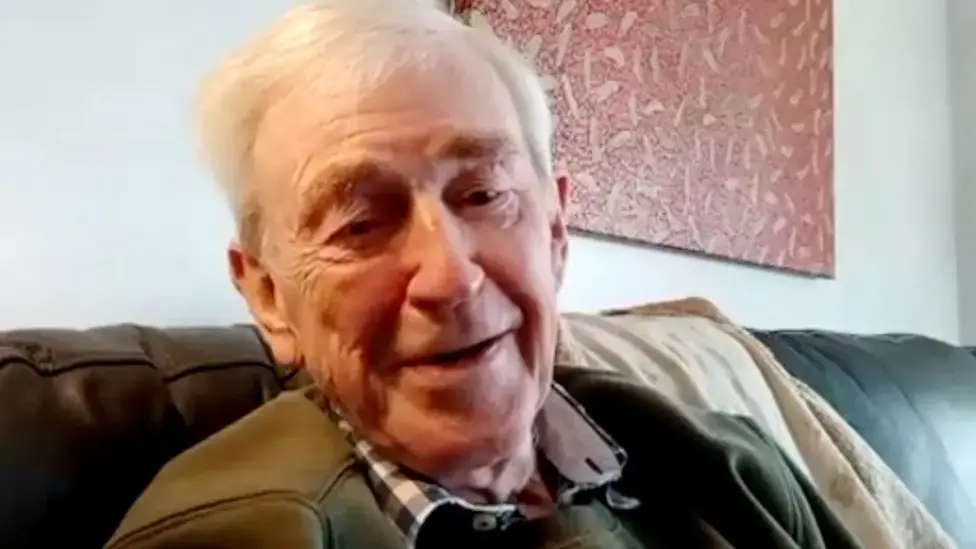
Upon catching light of the news, people rushed to social media to share their jubilation, with one Instagram user gushing: "How wonderful that the brother is still alive to hear the news!"
"Glad his brother is getting some closure before he passes on too," penned a second, while a third chimed in: "That's incredible, I can completely understand that his brother would be happy to have him back and I'm sad to think that maybe the parents are gone and won't ever hear this wonderful news."
Another beamed: "At last, comforting for his family knowing the body is coming home and will rest in peace somewhere."
And a final Instagram user echoed: "Goosebumps. How incredible!!!!!"
